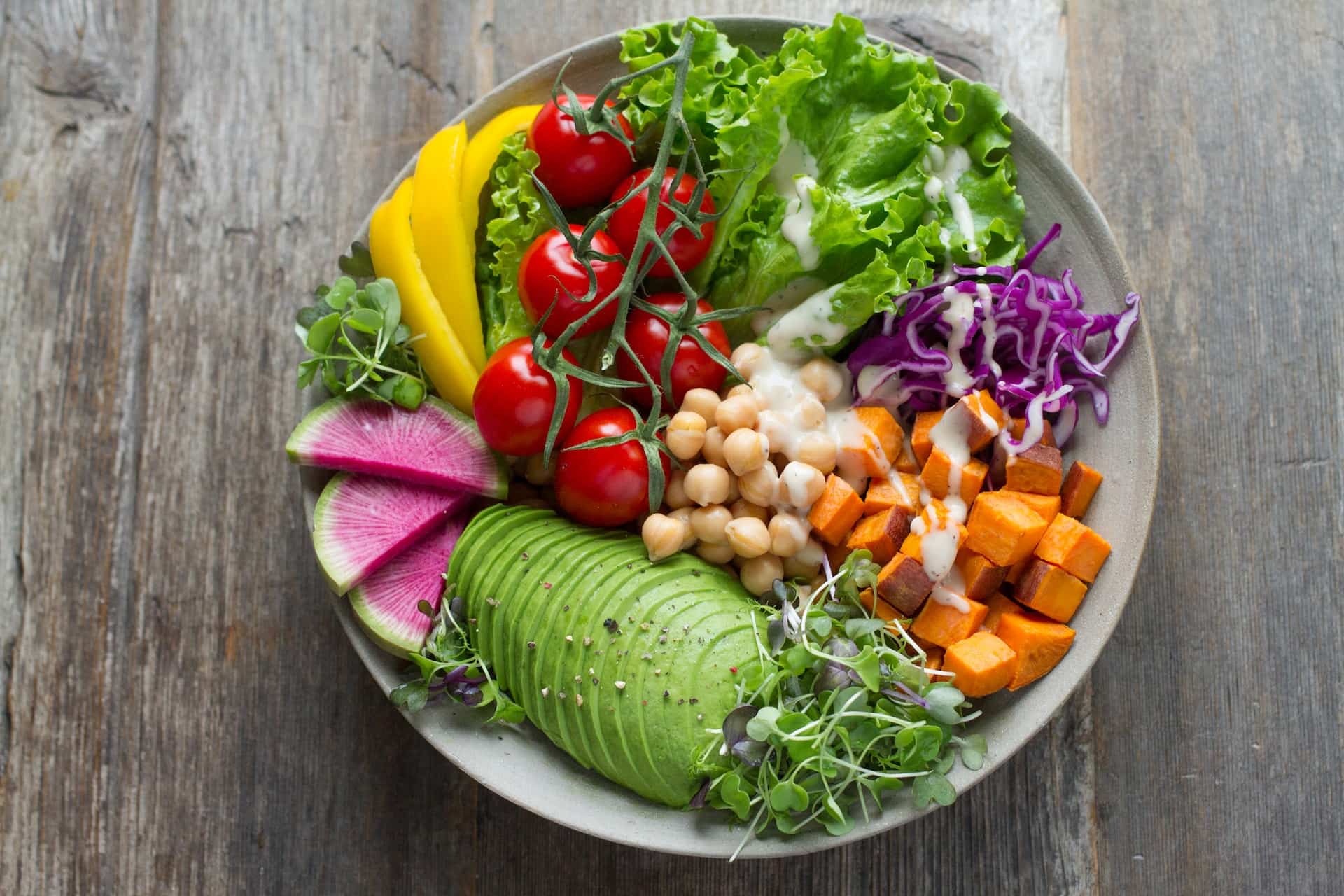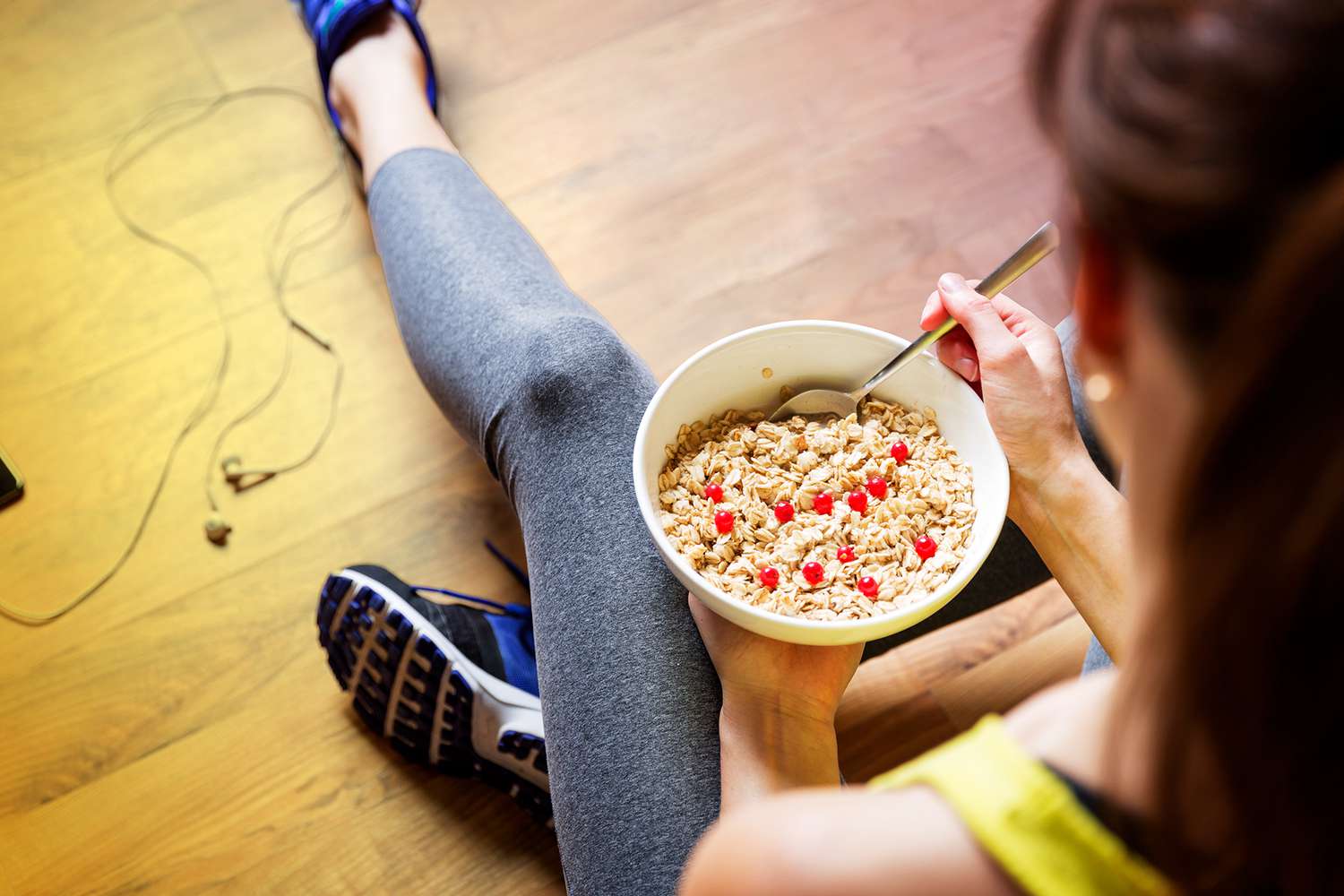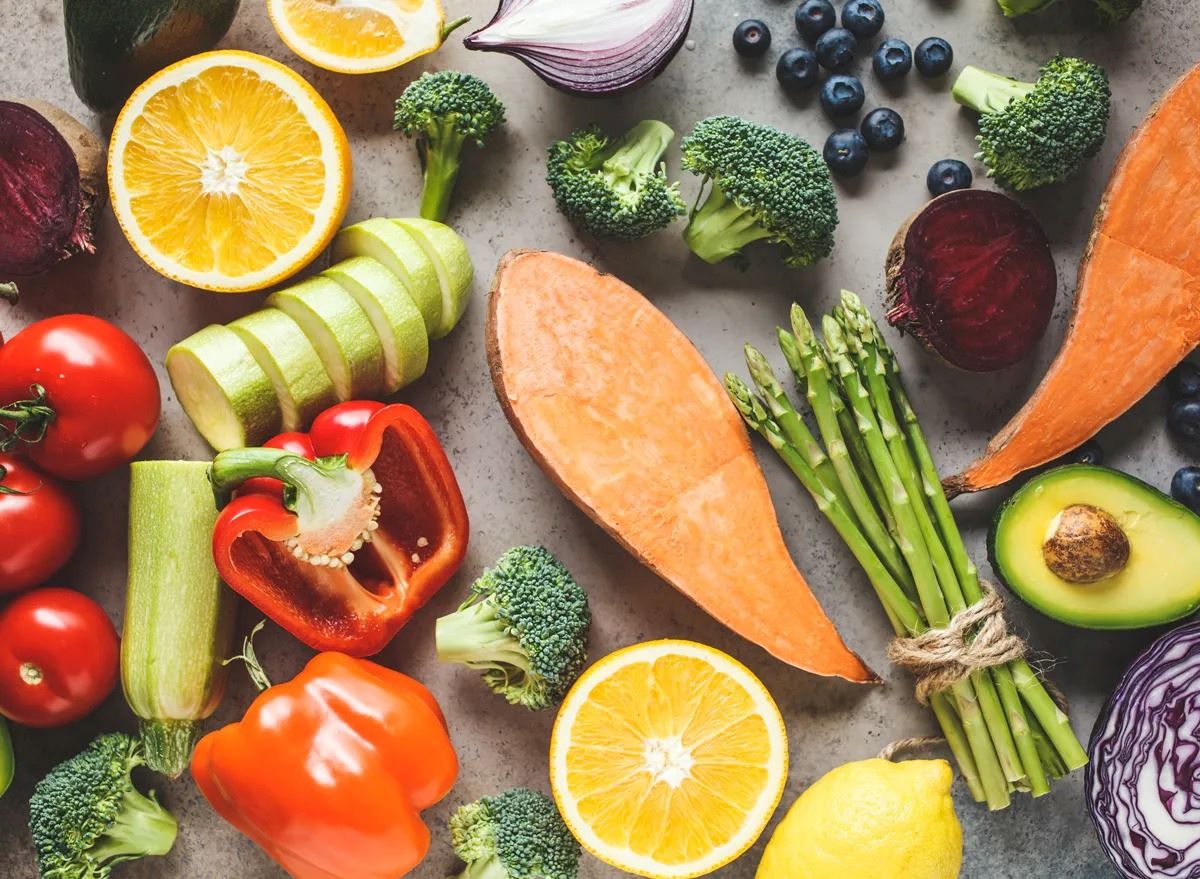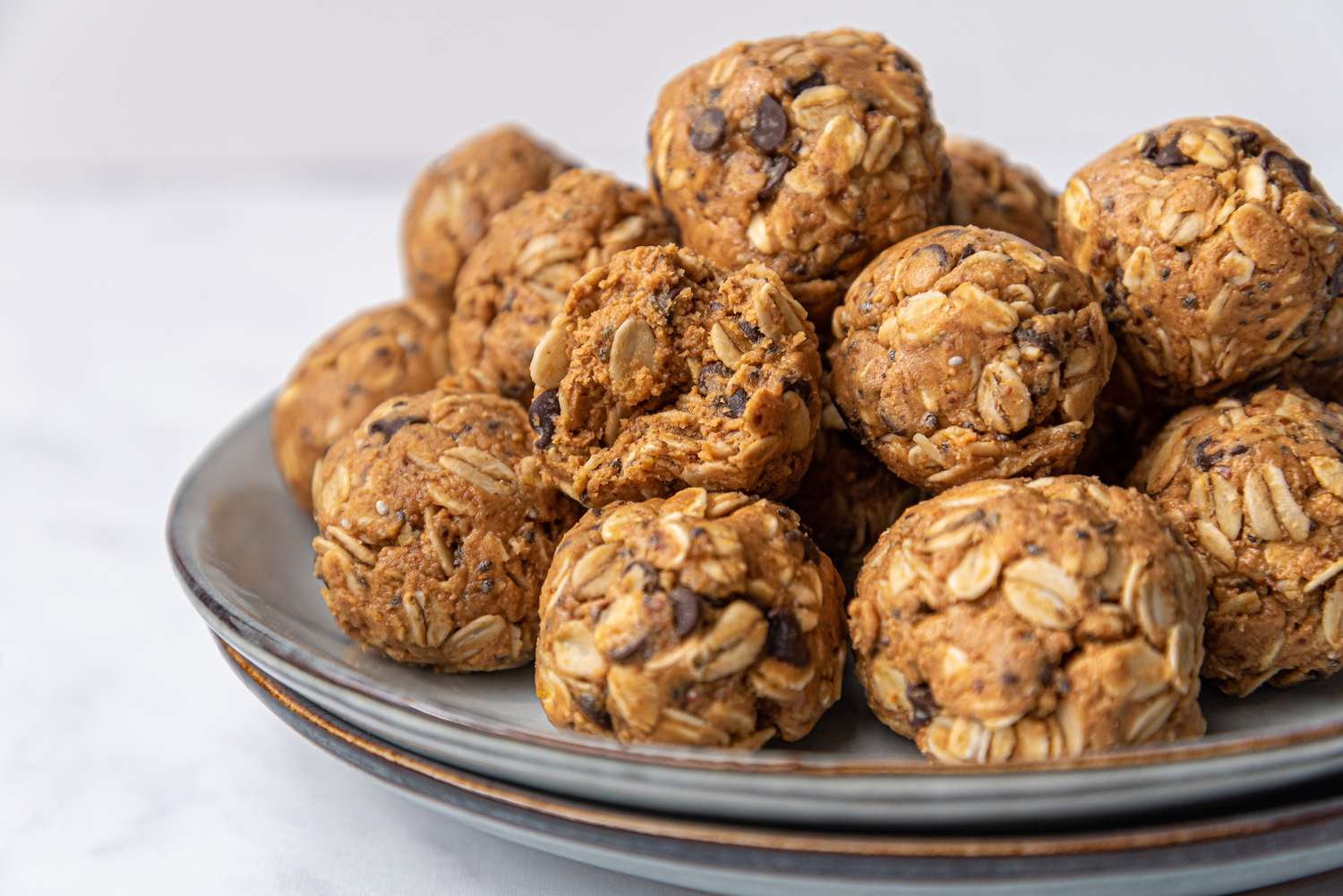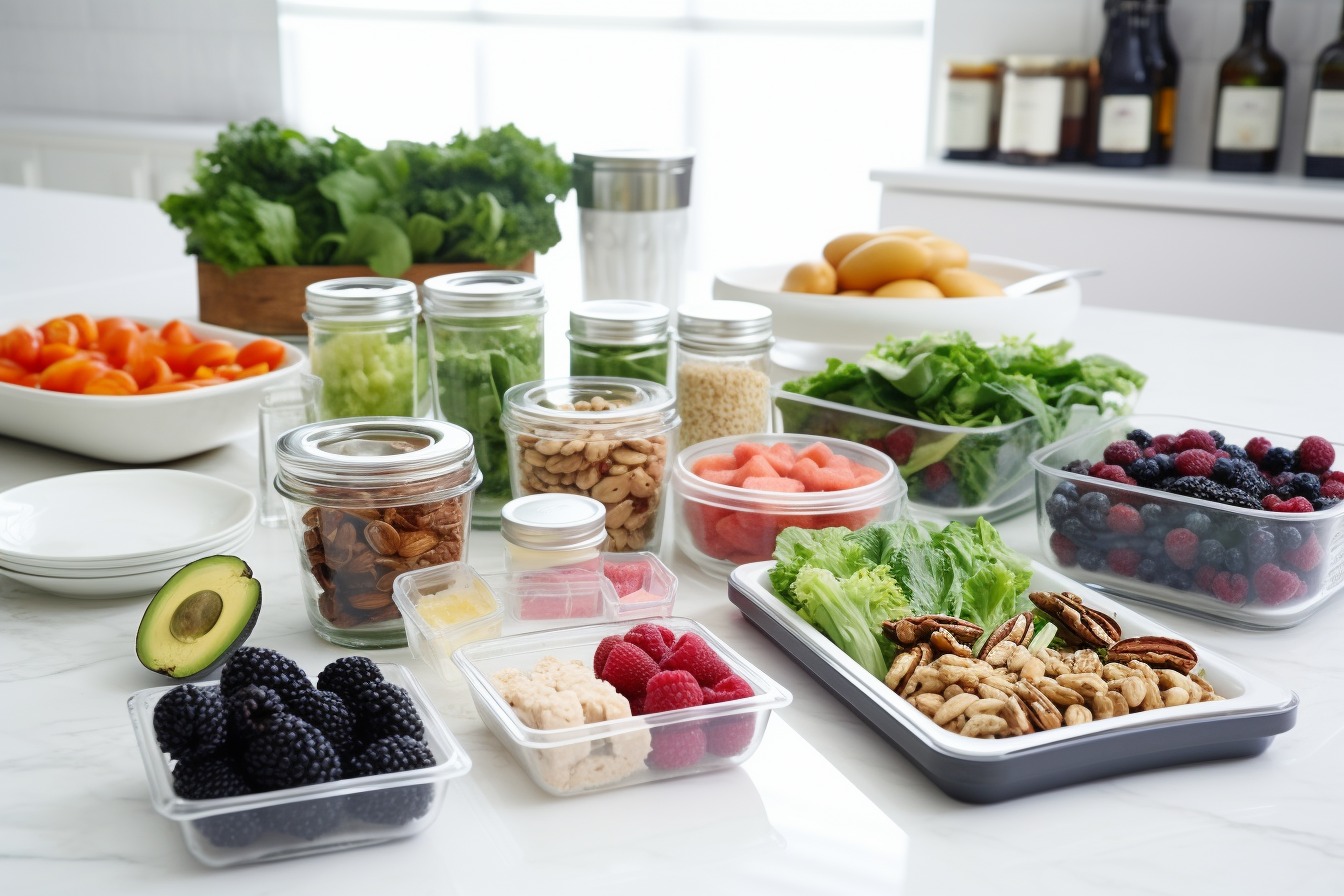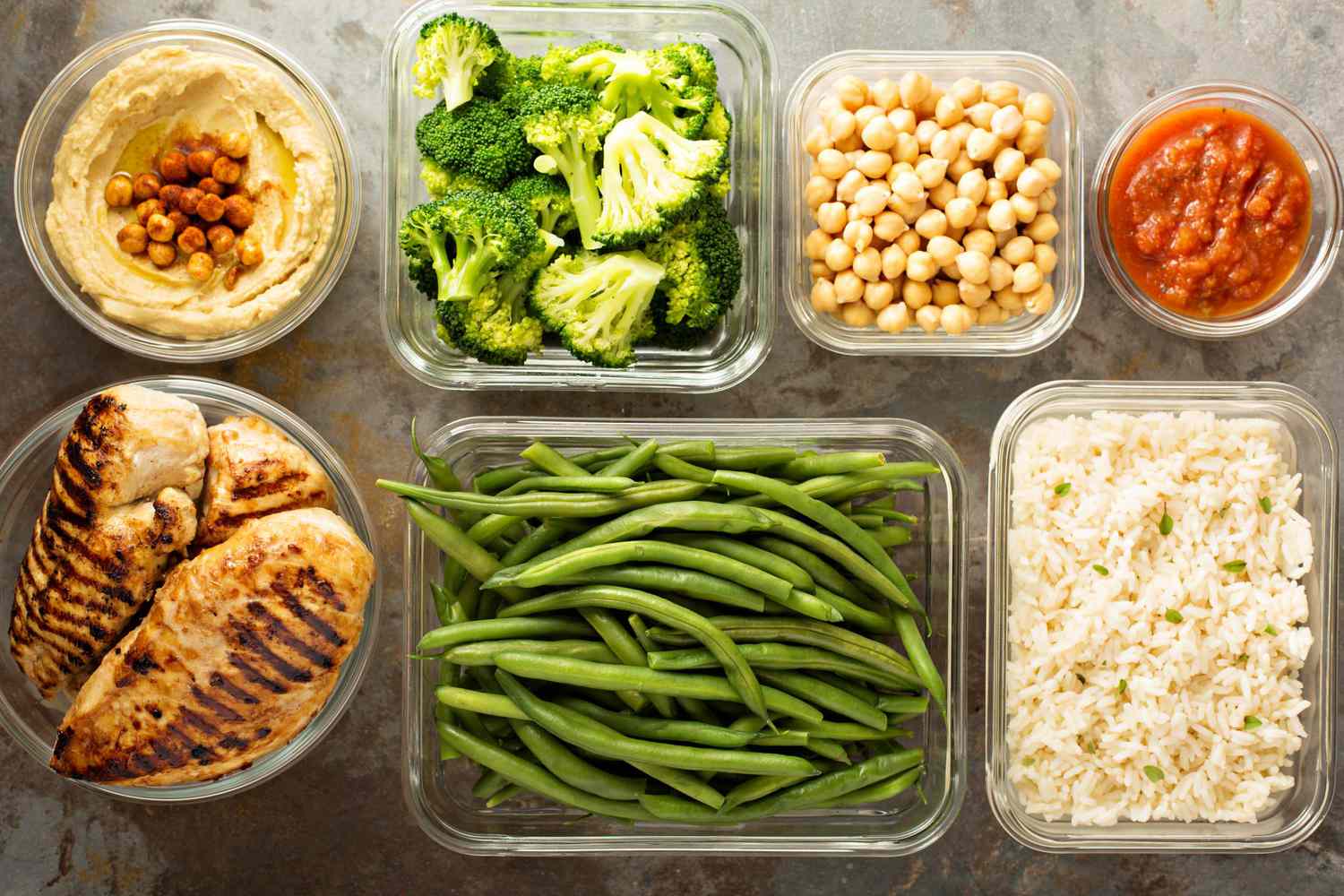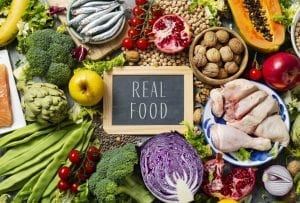Vegetarian Diet for Weight Loss
Are you looking to shed some extra pounds while following a vegetarian diet? With the right approach, it’s absolutely possible to achieve your weight loss goals while enjoying a plant-based lifestyle. Here are some tips on how to eat vegetarian and lose weight:
Focus on Whole Foods
When following a vegetarian diet for weight loss, it’s important to prioritize whole, unprocessed foods. This includes plenty of fruits, vegetables, whole grains, legumes, nuts, and seeds. These foods are rich in fiber, vitamins, and minerals, and can help keep you feeling full and satisfied.
Include Protein-Rich Foods
Protein is essential for maintaining muscle mass and promoting feelings of fullness. Incorporate protein-rich foods such as tofu, tempeh, lentils, chickpeas, quinoa, and Greek yogurt into your meals. These options provide a good balance of protein and other important nutrients.
Watch Your Portions
While vegetarian foods are generally healthy, it’s still important to be mindful of portion sizes, especially if weight loss is your goal. Be conscious of how much you’re eating and try to avoid overeating, even when it comes to nutritious foods.
Limit Processed Foods
Many vegetarian convenience foods are highly processed and can be high in added sugars, unhealthy fats, and sodium. While these options can be convenient, they’re not always the best choice for weight loss. Try to limit your intake of processed vegetarian products and focus on whole foods instead.
Stay Hydrated
Drinking plenty of water is important for overall health and can also support weight loss. Sometimes, feelings of hunger can actually be a sign of dehydration. Aim to drink at least 8 glasses of water per day and consider choosing water over sugary beverages.
Be Mindful of Snacking
Snacking can easily derail your weight loss efforts, especially if you’re reaching for high-calorie snacks throughout the day. Instead of mindlessly munching, plan out your snacks and choose options that are nutrient-dense, such as fresh fruit, raw vegetables with hummus, or a small handful of nuts.
Get Moving
While diet plays a significant role in weight loss, incorporating regular physical activity is also important. Find an exercise routine that you enjoy, whether it’s yoga, walking, cycling, or dancing. Aim for at least 150 minutes of moderate-intensity exercise per week to support your weight loss goals.
Seek Support
Embarking on a weight loss journey can be challenging, especially when making significant changes to your diet. Consider seeking support from friends, family, or a support group. Having a strong support system can make a big difference in staying motivated and accountable.
By following these tips and making mindful choices, it’s absolutely possible to eat vegetarian and lose weight. Remember, everyone’s weight loss journey is unique, so be patient with yourself and celebrate your progress along the way.
– Pay attention to portion sizes and avoid overeating, even with healthy vegetarian foods.
– Incorporate a variety of protein sources such as tofu, tempeh, lentils, and beans to support satiety and muscle maintenance.
– Limit processed vegetarian foods high in added sugars, unhealthy fats, and refined carbohydrates.
– Incorporate protein-rich foods like lentils, chickpeas, quinoa, tofu, and edamame to meet your protein needs.
– Combining different plant-based protein sources throughout the day ensures that you get all the essential amino acids.
– Be mindful of portion sizes, especially with calorie-dense foods like nuts, seeds, and oils.
– Keep track of your food intake using a food diary or a calorie-tracking app to stay within your calorie goals.
– Legumes such as lentils, chickpeas, and black beans are high in fiber and protein, which can help keep you full and satisfied.
– Incorporating healthy fats from sources like avocados, nuts, and seeds can also support weight loss by promoting satiety.
– Consume foods rich in vitamin B12, such as fortified plant-based milk or nutritional yeast, or consider taking a B12 supplement.
– Incorporate sources of omega-3 fatty acids, like flaxseeds, chia seeds, and walnuts, to support heart and brain health.
